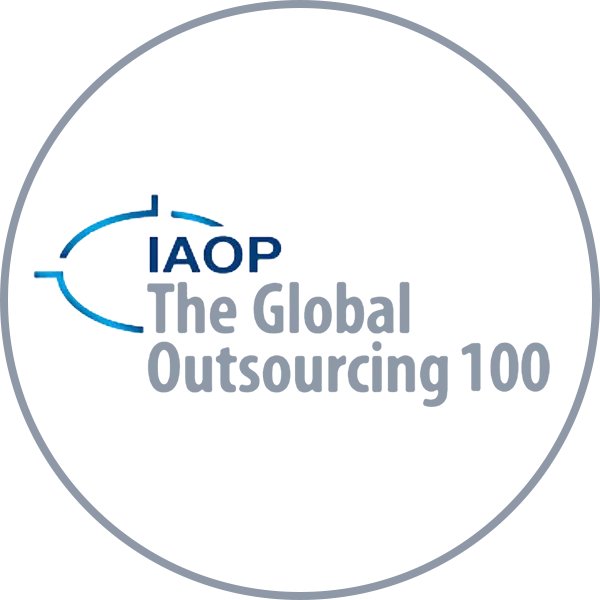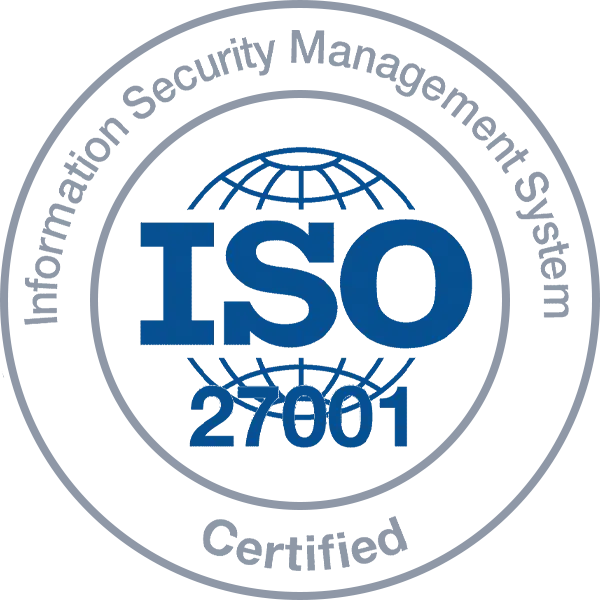In today’s rapidly evolving technological landscape, artificial intelligence (AI) has emerged as a transformative force, reshaping industries, societies, and our everyday lives. The recent World Artificial Intelligence Conference (WAIC) held in Shanghai, China, served as a vibrant testament to this transformation, bringing together experts, scientists, entrepreneurs, and policymakers from around the globe to discuss the latest advancements in AI and explore its potential impact on various domains.
From July 4th to July 6th, the WAIC provided a platform for participants to delve into the intricate world of AI, understand its synergies with emerging technologies, and ponder its role in addressing pressing global challenges. The conference also shed light on the ethical considerations surrounding AI, emphasizing the need for responsible development and deployment of these technologies.

One of the most significant themes that dominated the discussions at the WAIC was the integration of AI with other cutting-edge technologies such as 5G, big data, and cloud computing. Speakers elaborated on how these technologies could converge to create systems that are not only more efficient but also intelligent, capable of adapting and improving in real-time based on the data they process. This convergence was seen as a game-changer, particularly in applications ranging from smart cities and transportation to healthcare and finance, where real-time analysis and decision-making are critical.
Another focal point of the conference was the exploration of AI’s potential in addressing some of the most pressing societal challenges. Participants engaged in thought-provoking discussions on how AI could revolutionize healthcare by improving diagnostic accuracy, streamlining administrative tasks, and enabling remote patient monitoring. In education, AI was heralded as a tool that could personalize learning experiences, adapt to individual student needs, and even assist in curriculum design and assessment. Moreover, the role of AI in environmental sustainability was underscored, with attendees discussing how AI could aid in the development of sustainable solutions for climate change, such as optimizing energy consumption or predicting and mitigating natural disasters.
The WAIC also witnessed several high-profile announcements, including the launch of new AI initiatives and partnerships between leading tech companies and research institutions. These collaborations are aimed at driving further innovation in AI research and development, fostering an ecosystem where knowledge is shared, and breakthroughs are celebrated. These initiatives promise to accelerate the pace of progress in AI, ensuring that its benefits can be harnessed for the greater good.
However, amidst the excitement surrounding AI’s potential, the WAIC did not shy away from addressing the ethical considerations that accompany its development and use. Panel discussions focused on issues such as algorithmic bias, which can perpetuate existing societal inequalities if not addressed. Privacy protection was another key concern, especially as AI systems often rely on vast amounts of personal data. The responsible deployment of autonomous systems, from self-driving cars to drones, was also discussed, with participants emphasizing the importance of developing AI technologies that are fair, transparent, and accountable.
In conclusion, the recent WAIC in Shanghai served as a crucible of ideas, innovations, and insights into the world of AI. It highlighted the immense potential of AI when integrated with emerging technologies, its role in addressing societal challenges, and the ethical considerations that must guide its development and deployment. As we continue to navigate this AI-driven era, events like the WAIC are invaluable, fostering international cooperation and promoting the responsible advancement of AI for the betterment of humanity.








